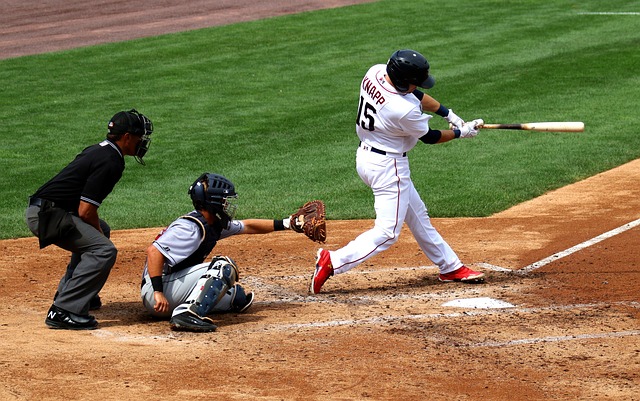Betting in colleges has been a subject of curiosity and concern for many. Let’s delve into this realm to understand how common it is and how frequently students engage in betting activities.
Is Betting Common in Colleges?
Betting, in various forms, does exist in colleges, but its prevalence can vary widely depending on factors such as the cultural norms of the institution, regional influences, and individual preferences. While not every college student participates in betting, it’s not uncommon to find pockets of students who engage in such activities.
How Often Do Students Bet?

Casual Wagers: Many students engage in casual betting activities among friends, often for fun or as a means of friendly competition. These bets might involve sports outcomes, video game matches, or even academic performance.
Organized Events: Some colleges host organized betting events, such as fantasy sports leagues or poker tournaments, which attract students who enjoy the thrill of strategic gameplay and the possibility of winning prizes.
Social Circles: The frequency of betting among students can also be influenced by social circles. If a particular group of friends is actively involved in betting, others within that circle may be more likely to participate as well.
Online Platforms: With the rise of online betting platforms and mobile apps, some students may engage in betting more frequently, as these platforms offer convenient access and a wide range of betting options, from sports to casino games.
Special Events: Major sporting events like the Super Bowl or the NCAA March Madness tournament often see increased betting activity among college students, as these events generate excitement and offer opportunities for friendly competition.
Financial Pressures: In some cases, students may turn to betting as a way to cope with financial pressures or to seek quick sources of income, especially if they perceive it as an easy way to make money.
Factors Influencing Betting Behavior:

Peer Influence: The behavior of peers and friends can significantly impact an individual’s decision to participate in betting activities. Students may feel compelled to join in if they perceive betting as a common and socially accepted practice among their peers.
Accessibility: The accessibility of betting opportunities, both offline and online, can influence how often students engage in betting. Easy access to betting platforms may lead to more frequent participation.
Interest in Sports and Gaming: Students who have a strong interest in sports or gaming are more likely to engage in betting activities related to these interests. The excitement of watching a game or participating in a gaming competition can enhance the appeal of betting for these individuals.
Financial Situation: Students from lower socioeconomic backgrounds may be more susceptible to engaging in betting activities as a means of trying to improve their financial situation or to experience a sense of financial empowerment.
Perception of Risk and Reward: The perception of risk and reward associated with betting can vary among individuals. Some students may view betting as a low-risk, high-reward activity, while others may be more cautious and weigh the potential consequences before participating.
